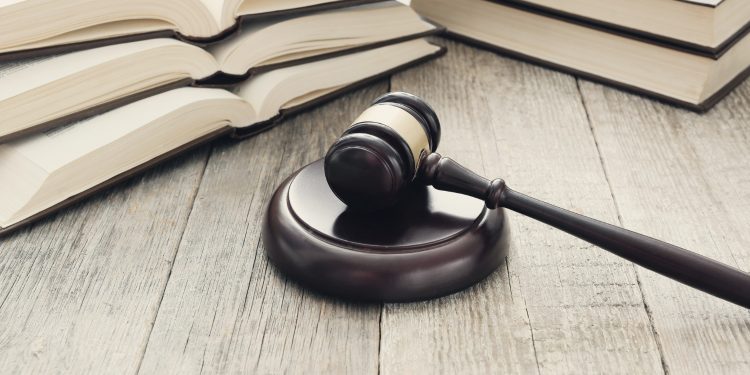In the digital age, where communication platforms like Slack have become ubiquitous in workplaces, the management of electronic evidence has become a critical aspect of legal compliance. With the rise of litigation and regulatory scrutiny, organizations must navigate the complexities of preserving digital communications for legal purposes. Among these challenges, implementing effective legal holds in Slack stands out as a key strategy for ensuring compliance and mitigating legal risks.
Understanding Legal Holds in Slack
A slack legal hold, also known as a litigation hold or a preservation order, is a directive to preserve all relevant electronic communications and documents that may be pertinent to current or anticipated legal proceedings. In the context of Slack, implementing a legal hold involves suspending the automatic deletion of messages and files, ensuring that potentially relevant information is retained for future discovery.
Challenges and Considerations
Implementing legal holds in Slack presents unique challenges due to the platform’s dynamic and collaborative nature. Key considerations include:
- Granularity of Preservation: Slack conversations can be sprawling and multifaceted, making it essential to define clear parameters for what should be preserved.
- User Privacy Concerns: Balancing the need for preservation with user privacy rights requires careful attention to data protection regulations and internal policies.
- Integration with Legal Workflows: Legal holds must seamlessly integrate with existing legal and compliance workflows, ensuring efficiency and accuracy in the preservation process.
Best Practices for Legal Holds in Slack
To effectively manage legal holds in Slack, organizations should follow best practices such as:
- Establish Clear Policies: Develop comprehensive policies and procedures for initiating, managing, and releasing legal holds in Slack.
- Utilize Automation: Leverage automation tools and features within Slack to streamline the legal hold process and minimize manual intervention.
- Regular Audits and Monitoring: Conduct regular audits and monitoring to ensure compliance with legal hold directives and identify any gaps or discrepancies.
- Employee Training and Awareness: Provide training and awareness programs to educate employees about their responsibilities regarding legal holds and data preservation.
Tools and Technologies
Several tools and technologies are available to assist organizations in implementing and managing legal holds in Slack, including:
- Third-Party Compliance Solutions: These platforms offer specialized features for managing legal holds, e-discovery, and compliance across multiple communication channels, including Slack.
- Built-in Slack Features: Slack provides native features such as data exports, message retention settings, and compliance exports that can be leveraged for legal hold purposes.
Case Studies and Success Stories
Real-world examples of organizations successfully managing legal holds in Slack can provide valuable insights and lessons learned. These case studies highlight the importance of proactive planning, collaboration between legal and IT teams, and the role of technology in streamlining the legal hold process.
Conclusion
Mastering legal holds in Slack is essential for organizations seeking to navigate the complex landscape of electronic discovery and compliance. By implementing clear policies, leveraging automation tools, and staying informed about best practices and emerging technologies, organizations can effectively preserve electronic evidence in Slack and mitigate legal risks associated with litigation and regulatory investigations.















